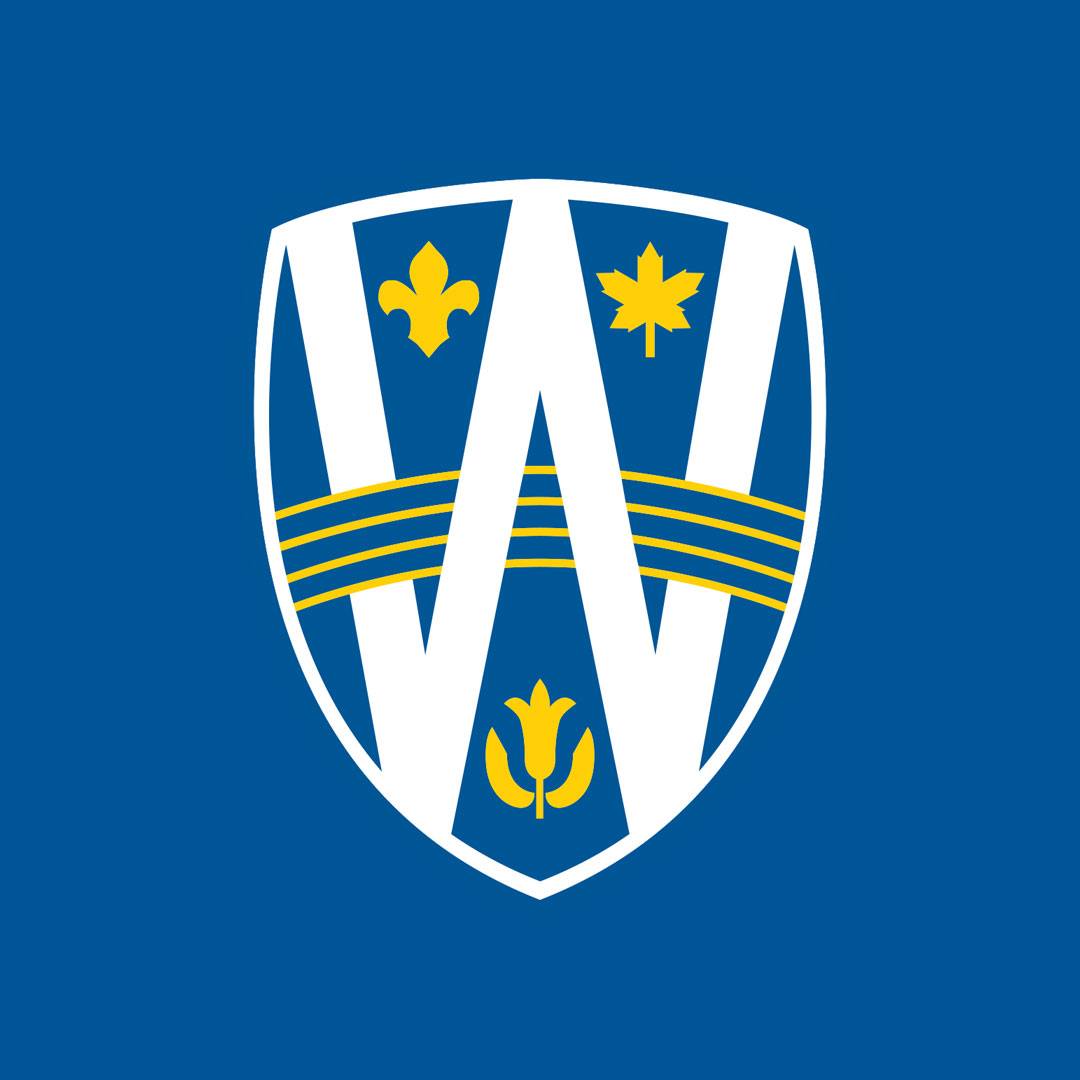Earn your Change Management Professional (CMP) designation through this Change Management Practitioner™ Certification program. The program provides you with a refresher of change management principles and practical tools to apply within your organization.

Earn your Change Management Professional (CMP) designation through this Change Management Practitioner™ Certification program. The program provides you with a refresher of change management principles and practical tools to apply within your organization.
At the same time it prepares you to complete the APMG International Change Management Foundation™ and the APMG International Change Management Practitioner™ exam.
This program combines two certification programs into one course offered over eight half-day sessions, plus two exam sessions. It will provide practical knowledge on Change Management techniques as well as the Foundation™ and Practitioner™ certifications (two certifications, two exams).
Who Should Attend:
Anyone in a role that involves leading, managing, or supporting the change initiative, particularly for those working in organizations wherein a change initiative is being planned or taking place
Foundation™ – Getting the Basics (Sessions 1-5):
During the first part of this program, you will examine various Change Management techniques and models that can be effectively implemented within your organization. This structured approach will help you understand how to navigate change as an individual, as a member of a team/organization, and as a leader.
The program is designed to explore the impact that change has on the following four major areas:
This certification program also prepares you to complete the APMG International Change Management Foundation™ exam. Given that a primary course goal is to achieve Foundation™ certification, the course study guide will be provided in advance of the workshop so that participants may begin studying right away. In addition, daily homework assignments (min. 2 hours a night) and practice exams will be provided. The Foundation™ level exam is taken after completion of the first five sessions.
Performance Outcomes:
Practitioner™ – Going Beyond the Basics (Sessions 6-8):
You will examine the application of various Change Management techniques in different contexts. The last part of the program focuses on understanding how to apply and tailor change management guidance in a given organizational change situation.
A successful Practitioner candidate should, with suitable direction, be able to start applying the change management approaches and techniques to a real change initiative; however they may not be sufficiently skilled to do this appropriately for all situations.
His/her individual change management expertise, complexity of the change initiative and the support provided for the use of change management approaches in their work environment will all be factors that impact what the Practitioner can achieve.
This course will further develop some of the knowledge of Change Management learned during the Foundation™ certification. You will consider what learning is required and how best to design and deliver it.
Then the course will provide an understanding of how Change Management fits into the Project Management environment. This course also prepares you for the APMG International Change Management Practitioner™ exam that will take place upon completion of sessions 6-8.
Given that a primary course goal is to achieve both Foundation™ and Practitioner™ certification, the program study guide will be provided in advance of the program so that participant may begin studying right away. In addition, daily homework/assignments (min. 2 hours a night), and practice quizzes will be provided.
Performance Outcomes:
Prerequisites:
The University of Windsor is a comprehensive, student-focused university, with more than 16,000 students enrolled in a broad range of undergraduate and graduate programs, including:
Law
Business
Engineering
Science
Education
Nursing
Human Kinetics
Social Work
Faculty of Art, Humanities, and Social Sciences
We have strong student-faculty relationships, exceptional award-winning faculty and innovative staff. It creates a unifying atmosphere of excellence across all of our faculties to encourage lifelong learning, teaching, research and discovery.
The University of Windsor also ushered in a new era in September 2015 with the opening of classes at the first phase of its downtown campus in the heart of Windsor’s core. The new building—which retains the historic facade of the former Windsor Star newspaper building—houses the School of Social Work and Continuing Education.
The second phase of the downtown campus includes the School of Creative Arts, located in the century-old site of the Windsor Armouries and the Alan Wildeman Centre for Creative Arts.
The University of Windsor is located next to North America’s busiest international border crossing and looks out on one of Canada’s most beautiful waterfronts on the Detroit River. Windsor is also Canada’s southernmost city and has some of the country’s best weather.
This location speaks to UWindsor’s strength as an internationally oriented, multi-disciplined institution that actively enables a broad diversity of students, faculty and staff to make a better world through education, scholarship, research and engagement.
Its basic characteristics of openness, warmth, and support make the University of Windsor an exceptionally welcoming community for students and faculty from Asia, Europe and Africa—or from just down the street.
© 2025 coursetakers.com All Rights Reserved. Terms and Conditions of use | Privacy Policy